Best of 2012: Film
2012 was an incredibly polarizing year with the year’s biggest movies and its most recognized arthouse movies both drawing acclaim and rejection in equal measure. I found myself in the disappointed camp more times than not this year, but that doesn’t mean there weren’t great movies. I didn’t get a chance to see everything this year, so the few movies I still want to see from 2012 (which may or may not find their ways into this list someday) include: War Witch, The Queen of Versailles, Searching for Sugar Man, Cloud Atlas, The Grey, Flight, Life of Pi, The Intouchables.
10
The Raid: Redemption
A wild, relentless, and exhausting experience. That is exactly what this film is: an experience. Loosely plotted through white-knuckle suspense, the action is laid out in basic videogame logic: they outnumber us, we need to get through them. And that’s all you need to know. The simplicity is the film’s greatest asset: these are primal kill-or-be-killed stakes. The brutality of the scenario makes you automatically attach to the underdog, regardless of whether or not you really know them as characters. This leaves maximum room for insane (for lack of a better word) wall-to-wall action that is relentless and brutal, but exists in a world of extremes where reality and logic have been left outside the door, where they belong.
written and directed by Gareth Evans.
9
Looper
This could have been a pretty forgettable sci-fi action film with a neat concept but Rian Johnson infuses it with a healthy mix of neo-noir style that evokes the ruthlessness of Blade Runner and the dourness of Children of Men. One man split into two by the manipulation of time allows Johnson to play up huge contrasts. The world that the film takes place looks like a lot like ours, and like ours, it looks like it’s on the brink of apocalypse, only to give us a glimpse of a future world which also looks like the end. We’re always teetering that brink, or at least we think we are. Willis and Levitt are the same man who are divided by both age and era. Levitt is the young and the hopeful while Willis is the old and the regretful. We imagine that if we met a copy of ourselves we’d understand them perfectly, but by using the division of time, Looper shows how generations fail to connect and attitudes shift with the world’s they belong to. Both men have equal merit over their life and must wrestle control for it. Looper’s time travel device is messy as per usual with paradoxes and such, but he openly disregards technicalities and embraces the lunacy of time travel sci-fi, implementing some of the most memorable, disturbing sequences I’ve seen to capitalize of the novel device.
written and directed by Rian Johnson.
8
Moonrise Kingdom
I have long held the belief that Anderson’s style suffocates his movies, often in an attempt to make up for a lack of depth in the content. Moonrise Kingdom makes me want to re-evaluate that conclusion. Here, Anderson’s stamp is as prevalent as ever, but here it constantly feels like it has purpose. Channeling aspects of Badlands, Charlie Brown, and Peter Pan’s Lost Boys, its essentially a whimsical fantasy of life, love, future, and philosophy as imagined by children. The naivety of a child-centric adventure gives Anderson a lot more leeway with his imaginative touches. Kingdom feels like an Anderson movie channeling every movie he’s ever loved.
written and directed by Wes Anderson.
7
The Hobbit: An Unexpected Journey
The most difficult movie to watch this year is a victim of Peter Jackson’s uncontrollable urge to devour everything technical and an industry desperately trying to understand how to market that. The Hobbit’s overly complex variations of presentations confused even me, who you’d think would know about these things. I ended up seeing the 3D IMAX presentation (24fps) not realizing that only AVX is playing the 48fps (HFR) presentation. ACRONYMS!
So since my experience wasn’t spoiled by twice the frames beaming into my vision-holes I thought the movie was amazing. Frankly, the 3D was unnecessary (and this is coming from a guy who thought Avatar and Hugo were 3D musts) but after rewatching Lord of the Rings a week beforehand, I felt like this was a natural continuation of the series maintaining the same spirit, humour, adventure, and dense mythology. The Hobbit smartly includes elements of Tolkien’s posthumously released “The Silmarillion” which expands the scope of the film, and in my opinion, shows promise for justifying three films.
written by Fran Walsh, Philippa Boyens, Peter Jackson, and Guillermo del Toro; directed by Peter Jackson.
6
Killer Joe
When it comes to comedies, the blacker, the better. This is pitch black to the point where you aren’t even sure if you are supposed to be laughing or curling up in a ball and weeping. It’s a story of sheer ineptitude, deep fried ‘MERIKA style. The streak of black deadpan humour running through every scene can only be described as fucking genius. I was reminded of another Texan-set exploitation jaw-dropper like this one… you know, “The Texas Chain Saw Massacre”? Friedkin apparently remembered it too when he has Joe utter threats to cut off his victims face and wear it as his own followed by an equally morbidly hilarious dinner scene that rivals the obscene rodeo of Leatherface’s family. If Quentin Tarantino’s dismissal of old directors has any counterpoint, it’s William Friedkin whose latest output makes the pea soup from The Exorcist look appetizing. This is Friedkin in sheer exploitation mode, and I fucking love it.
written by Tracy Letts; directed by William Friedkin.
5
Amour
Michael Haneke’s reputation for being cold and distant from his characters continues here, but this time with great respect and sadness. It’s a story that offers no surprises, which is actually relieving, because any other director wouldn’t have the guts to see it through. One ounce of sentimentality would make the film spontaneously combust and ruin it in an instant. Haneke frankly shows us what it is truly like to live a full life, just he focuses on the parts that other filmmakers forget to show you. Amour is tragic but reaffirms the concept of love in a real-world sense, not a movie magic one.
written and directed by Michael Haneke.
4
Django Unchained
In some respects, Django Unchained is somewhat of a modest effort – it’s linear script, lack of feet close-ups, and buddy-formula lacks the complexities of Quentin’s best scripts, but this is QT in full-blown exploitation mode in the manner we haven’t seen since Kill Bill Vol. 1. The exposition is quick and painless and the action begins almost immediately. Forgetting the slow burn of Inglourious Basterds which made the atrocities of the Nazi’s particularly personal, Django establishes racists are bad, and pretty much all the white people in the south were racists at this time so there is little need for development–let’s just shoot them! Like the Crazy 88 under O-Ren Ishii’s command in Kill Bill, there is little issue with blowing through the slave drivers and their henchmen in glorious ultraviolence. Tarantino’s revenge is in wide strokes here, the intricacies are in the peculiar series of characters and their relative senses of pride. It’s likely Tarantino’s funniest movie, comparably violent, and contains some of his best setpieces yet. He’s long been curbing Ennio Morricone’s tracks for his films which all have dashes of spaghetti western in them, but now that QT’s not beating around the bush we get what is basically this year’s “Drive” soundtrack–doused in retro style and deserving of looping replay. That goes for the movie as well.
written and directed by Quentin Tarantino.
3
Once Upon a Time in Anatolia
This dense and methodical “procedural” (if you can even call it that) is basically what every art-house skeptic assumes every art house movie to be. If you invest in it though, it pays dividends. The casual conversations between a team of investigators looking for a body in the plains of Anatolia is reminiscent of how Quentin Tarantino writes his gangsters; these are professionals dealing with life and death and instead they discuss yogurt and prostates. It’s riveting stuff. Of course, it’s what they are not saying that really matters. The case drags on and the looming concern over this undiscovered dead man forces each man to slowly confront his own responsibilities in life and the limits of such responsibilities which speaks volumes about character that no amount of exposition can.
written by Nuri Bilge Ceylan, Ebru Ceylan, Ercan Kesal; directed by Nuri Bilge Ceylan.
2
The Imposter
This is one of those classic stranger-than-fiction docs that would still be entertaining and fascinating as hell even if it weren’t handled with such mastery. But it is. Director Bart Layton asserts complete control over the pacing of the story. No one gets the luxury of defending themselves or rationalizing their decisions. The camera is not a confessional. We see it as they saw it: with complete impartiality.
The fluidity of the editing, sound design, and meticulous direction makes the pacing impeccable and manages to stir us and twist our own relationship with the story as well as the best fiction films do. Documentaries tend to be looser, more distant, less affecting because they are forced to conform to fact, or at least reality, but Layton somehow (and I truly am amazed at this) uses reality to his advantage, leveraging his story through amazing craftsmanship while avoiding the pitfalls of pandering and bias that drowns too many documentaries. He stays close to the facts while making the story more of an engrossing nail biter than any screenplay written this year, or most years.
directed by Bart Layton.
1
Cosmopolis
Businesses are people, some have argued. Cosmopolis makes a case for that. Viewing the Wall Street collapse from the top down, Robert Pattinson brings his anti-charisma to his role as a young billionaire (whose not even the 1%, he’s closer to the 0.0001%). He can hardly muster a single emotion whether it be towards the angry masses rioting outside, or towards his plummeting stock, or towards his new, distant wife who, like all things in Pattinson’s life, is more of business transaction than an interaction. And that’s what it’s all about: trans-action rather than inter-action. In one bizarre scene, Pattinson listens to two old cabbies chat about their experiences, which to his (and our) ears is nearly unintelligible gibberish. There is no connection between his world and theirs, and he has no place for reminiscence or musing in his accelerated life of digits and acquisitions. As the roving mobs outside clash closer and closer to the limo, Pattinson becomes more curious towards their behaviour, as if watching animals in a zoo. Eventually, Pattinson devolves back into a recognizable human from an apathetic business entity after the slow realization that asymmetry isn’t necessarily something to be afraid of. Cosmopolis plays it defensively, inviting frustration and misinterpretation, but it’s cold, alienating nature gives us the most unique angle on the issue, ripe with ambiguous symbols and bizarre left-turns. It is compelling and infuriating in equal measure. It’s also the masterpiece of the modern financial crisis movies. It says it all. Everyone else can pack up and go home.
written and directed by David Cronenberg.
The Best of the Rest
These are the next five movies of the year that got squeezed out of my top 10 but still deserve special mention. In no order.
Holy Motors
Sometimes a movie itself isn’t what impresses you, it’s the discussion afterwards. Holy Motors was that type of obtuse, alienating experience that teased me, leaving me wanting more. I was curious about what I had seen, though frustrated by the lack of clarity and closure I got out of the actual viewing experience. Reading reviews and talking with others I have gotten a kaleidoscope of interpretation that gives new meaning and context to a film that can feel meaningless when isolated from discourse. It’s the type of movie that we often talk about but rarely actually see: the one that has us discussing it long after the credits where we learn more, and appreciate more about it each time it comes up.
written and directed by Leos Carax.
The Avengers
Joss Whedon’s spell has finally worked on me. Whedon smartly plays the movie’s best asset against itself: the Avengers themselves. A more pragmatic director would have used the obvious elevator pitch: “you thought their powers were cool alone? Wait until you see them COMBINED!” Instead, Whedon is like a kid with a bunch of action figures and bashes them together for two hours. He understands that self-claimed “superheroes” forced to share the spotlight will get super bitchy, super quickly. The catty arguments and fights allow us plenty of cool superhero action while the bad guys sneak away again and again revealing that this whole idea of a superhero team maybe wasn’t such a great idea after all. The Avengers differs from the rest of the big blockbusters this year because it seems to be the only one that actively resists Christopher Nolan’s stranglehold on action aesthetic. The whole Marvel Films brand hasn’t done much for me aside from the first “Iron Man”, but at least they have maintained a sense of fun which a movie about a team of narcissistic superheroes in silly outfits really should be.
written and directed by Joss Whedon.
Miss Bala
Miss Bala is fantasy myth at gunpoint, putting its leading woman into the spotlight of her fantasies where she can only sob in misery realizing the meaninglessness of not just beauty pageants, but dreaming in the first place. Miss Bala uses the glamour and beauty as foil to the filth and corruption pulling the strings. Laura, our young, naive, hopeful pageant contestant is aggressively shoved into a corner almost from the film’s outset, being kidnapped by the Cartel and forced into compliance. It’s difficult to comprehend or understand Laura’s willfulness at first, but we quickly realize how deep the seeds of corruption run in Mexico. She doesn’t run because there is nowhere to run to. Miss Bala is a heartbreaking examination of the dangers of a world where dreaming big is putting your life on the line.
written by Gerardo Naranjo and Mauricio Katz; directed by Gerardo Naranjo.
Indie Game: The Movie
What is most amazing about Indie Game is that you don’t need to be a gamer to get it, or enjoy it. It speaks on a much larger scale about the creative process as a whole. The pitfalls, doubts, successes, motivations, and complications that arise throughout it. The temptation to drop the project and move on versus seeing it through, and most profoundly, the utter fear that comes with sharing something you created with the world who is more than willing to chew it up and spit it out. The utter devotion and vulnerability of the subjects is fascinating, and even at their most broken they are still driven to complete something that is causing them so much pain, because, as anyone who has ever created something can tell you, the euphoria of the finished product is well worth it. Success or not.
directed by Lisanne Pajot and James Swirsky.
Argo
Argo may be clumsy and careless with its historical accuracy, but at least it has no false pretenses. It frames the story within the world of Hollywood, lampooning it as a town of two-bit clowns masquerading as business people and artists. As funny as this all is, it somehow never trivializes the serious political aspects of the film set in Iran. The drama remains tense and heavy despite the balancing act between competing tones. Affleck maintains this delicate balance with mastery, showing his evolution from a good director to a great one. The awesome supporting actors (Cranston! Goodman! Arkin!) round out his cast and make up for Ben’s unfortunate beard. At least he doesn’t have a Boston accent this time. That’s progress!
written by Chris Terrio; directed by Ben Affleck.
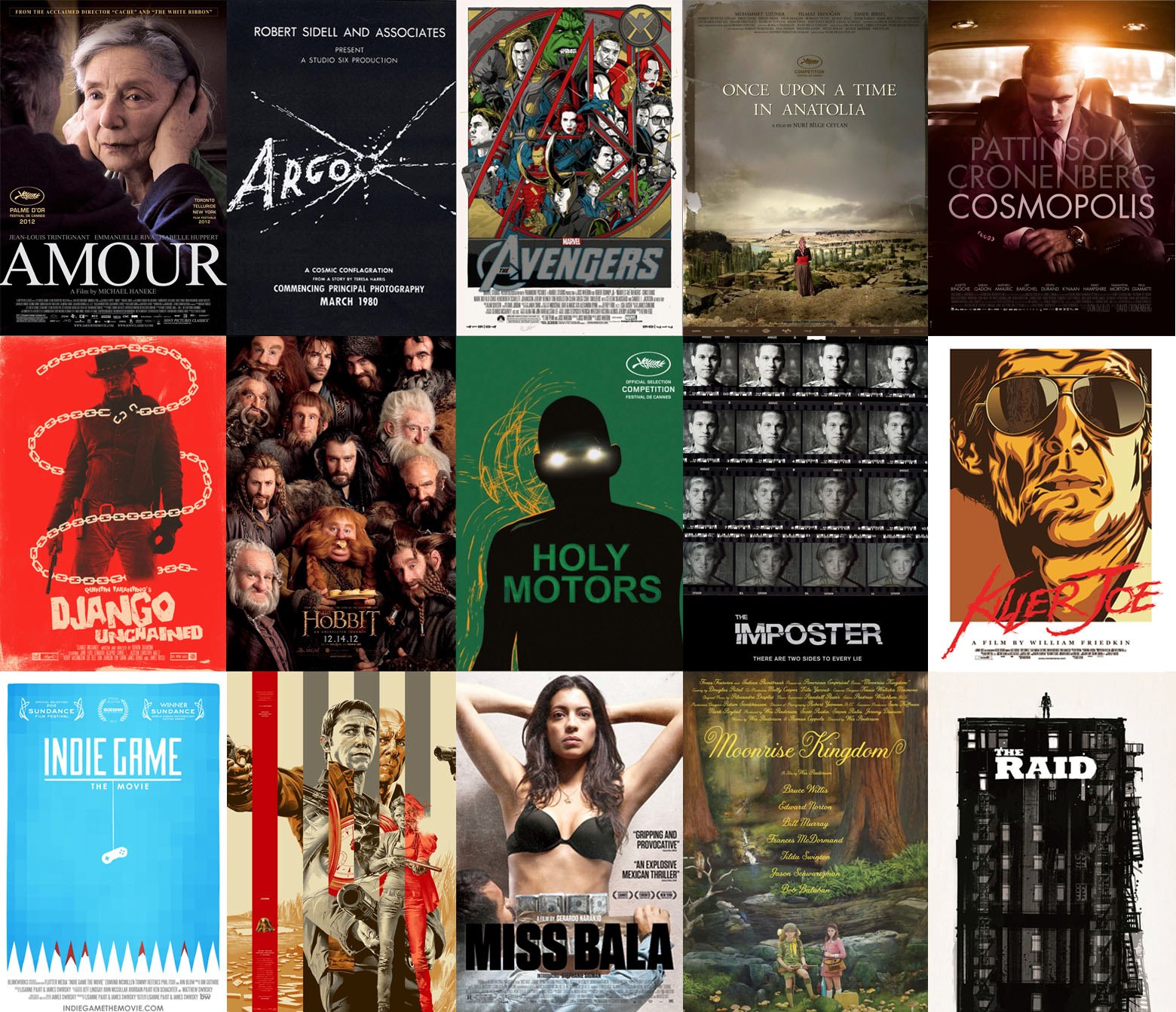
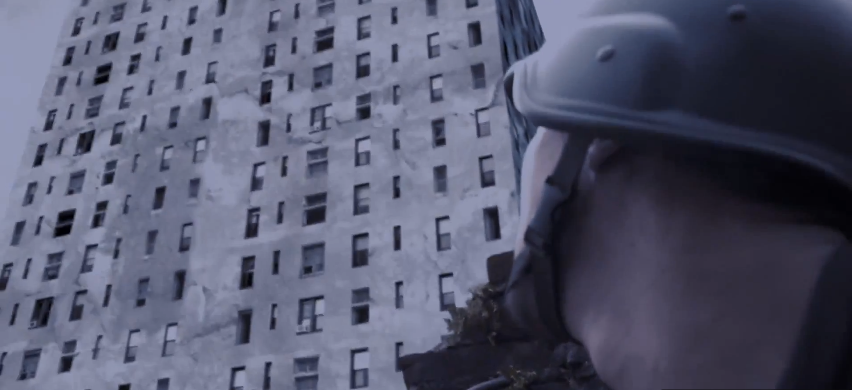
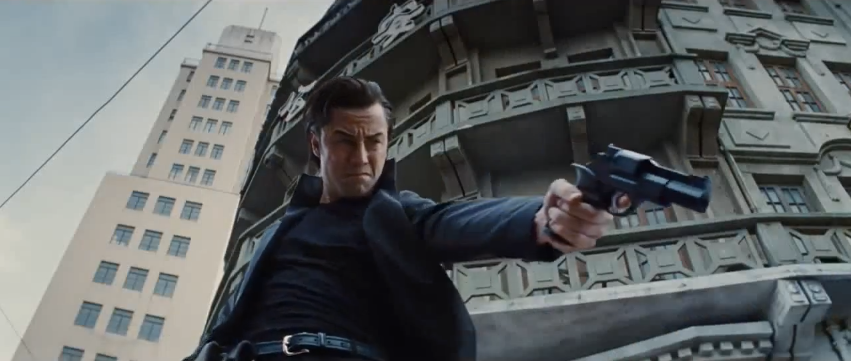
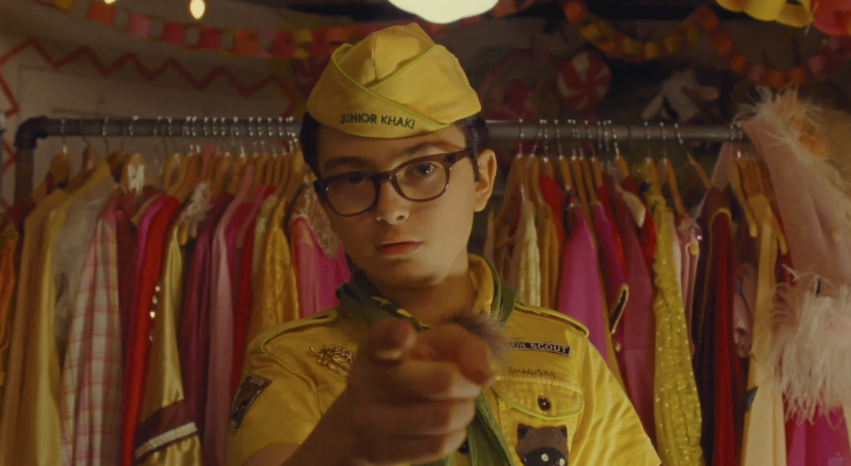
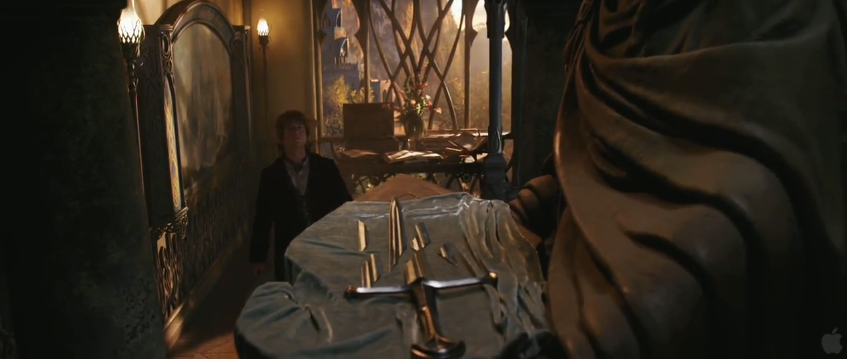
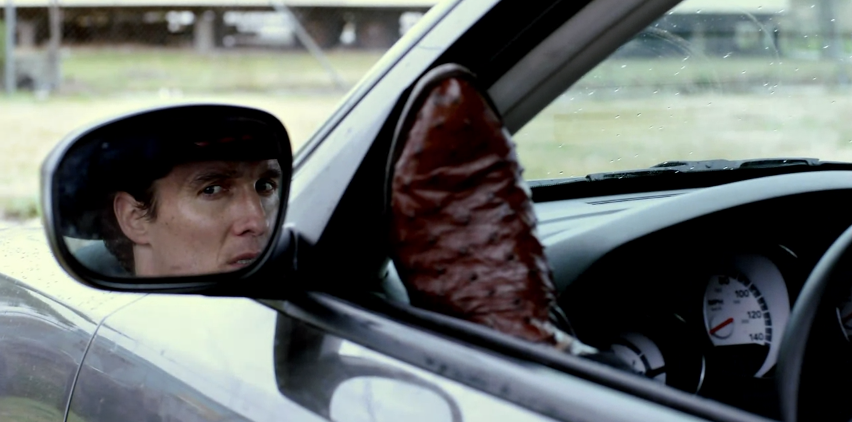
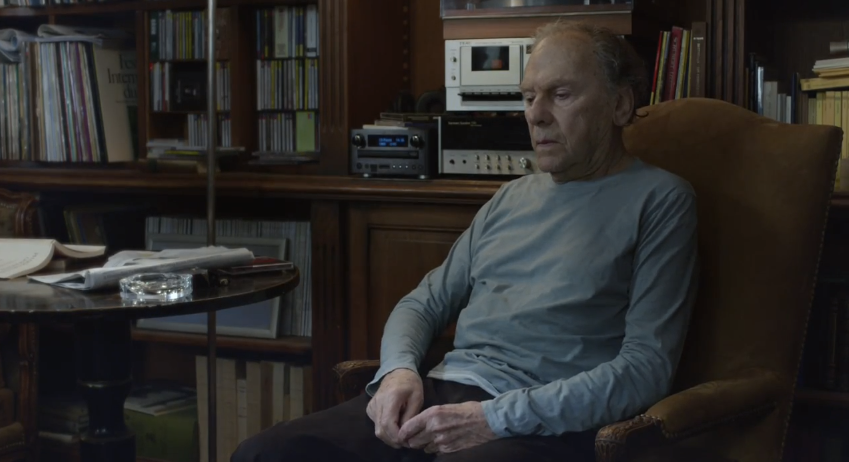
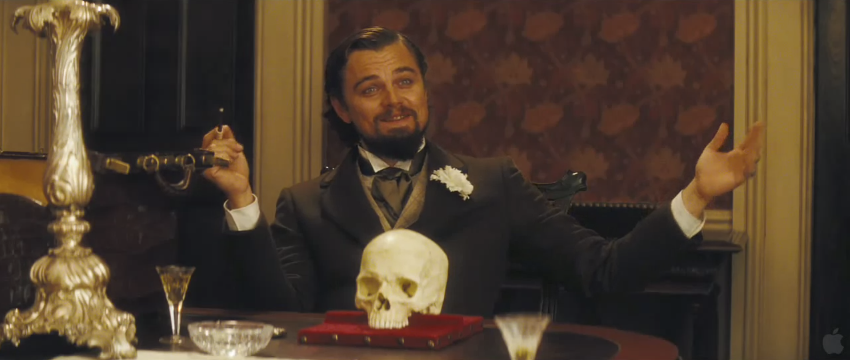
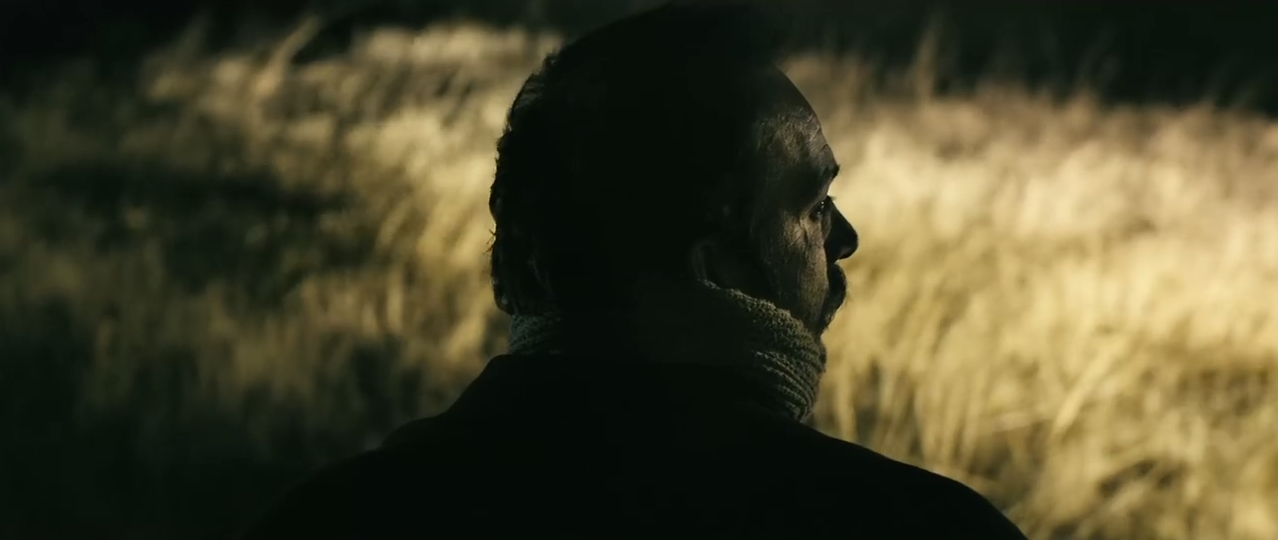
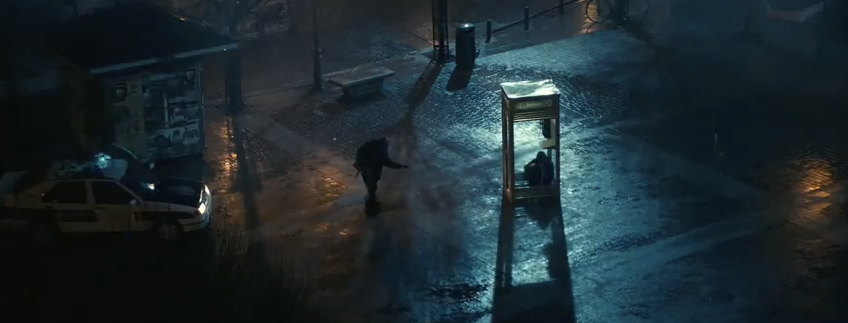
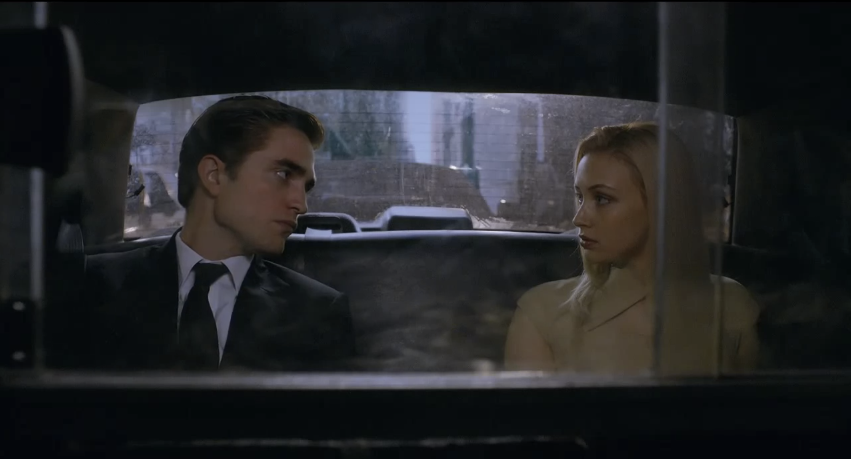





Great list of films and choices.
This is the type of top 10 which I truly enjoyed. You have popular listings such as The Hobbit and Looper, but, also films I know nothing about such as The Imposter & Miss Bala–which I plan to seek and watch.
Thumbs up!
I liked the imposter. It was a well done documentary. The final ending really makes you think, was he murdered by the family or not. By the way, what’s with the frigged up people in rural texas? I preferred the story in the documentary “searching for sugerman”. It had more wow factor. It just wasn’t as well made.
Django Unchained? fourth best? Really? It is just a re-branded Inglorious Bastards, which wasn’t anything special except for Christoph Waltz’s performance. Now, in Django both Waltz and Decaprio were great. I couldn’t get enough of samuel jackson’s performance. He stole the show. The movie was ok.